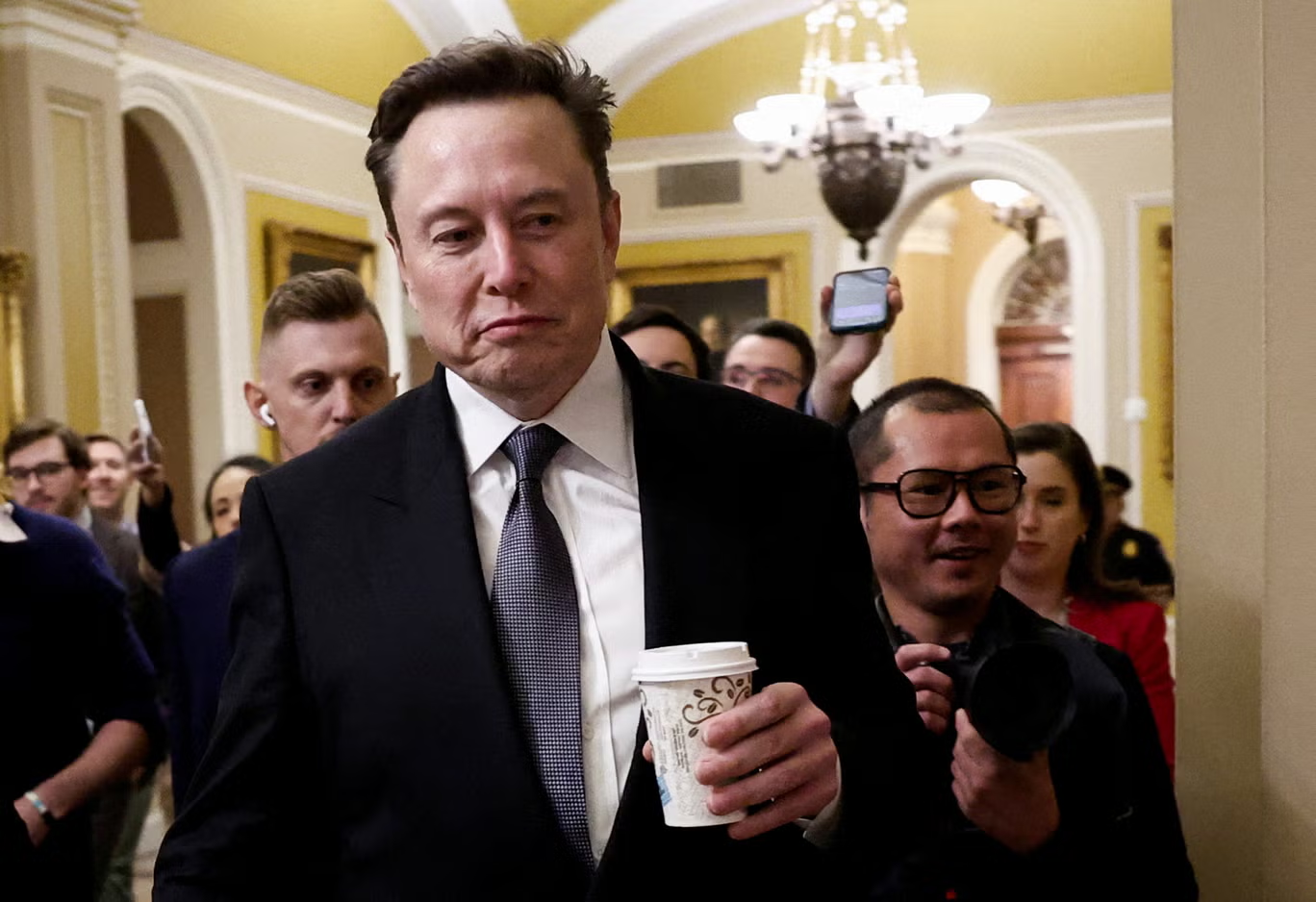Trump Sues CBS Over a Controversial Harris Interview
Ex-US President Donald Trump filed a lawsuit against the CBS network after the network, the 60 Minutes program broadcast an interview of VP, Kamala Harris claiming to have some biased coverage against him. According to legal counsel, the vice presidential interview-which spoke at length on Harris’s stance on some of the burning political issues that plague the society-now unfairly treated the former president and used malicious language that hurts his reputation. This lawsuit forms another chapter in the tumultuous relationship Trump has had with the media, reigniting debates on press freedom and political bias.
Trump’s Lawsuit: Defamation and Bias Allegations
Court documents show that the former president’s legal team claims CBS’s 60 Minutes and its producers through the interview with Harris involved themselves in defamatory reporting since the information presented is misleading concerning the former president. Questions posed to Harris allegedly were implying that former President Trump is guilty or partly responsible for matters ranging from foreign policy failures to even social issues in the US. The legal counsel to former President Trump, in a statement, accused CBS of having “malicious intent to harm his public image.”.
“The 60 Minutes piece was nothing less than an orchestrated smear,” said a lawyer for Trump, Stephen Carter. “CBS knowingly deceived viewers by selectively editing statements, distorting fact, and allowing unsubstantiated claims to be masqueraded as fact.”
Carter stressed that CBS is being sued for acting in what he described as “reckless journalism”.
What the Harris Interview Covered: Topics and Highlights
Among these, the most contentious debates were on election security, international relations, and an increasingly sharply divided American political climate. Harris covered extensive ground during the interview concerning the many issues inherited from Trump’s administration time: climate change inaction, broken immigration systems, gaping holes in healthcare, and the list goes on.
Regarding her answer to a question on Trump’s policy initiatives, Harris noted that “the previous administration did not prioritize the American people’s needs.” She was, in other words, saying that “what the former administration failed at was putting the American people first.” For his part, Trump’s lawyers see this as but one example of several throughout the interrogation where Harris attempted to characterise Trump as divisive person – in their view, an adverse characterization that is said to be libelous, and whose point was supposed to be to besmirch Trump’s image to the public eye. The CBS producers do not have any comment about the lawsuit, but they are saying that 60 Minutes is always committed to the highest journalistic standards and striving to be accurate and fair in its reporting.
This might be a battle for free speech or just another strategic move. According to the critics, the reason for Trump’s lawsuit could be a larger strategy aimed at intimidating the media to avoid conducting interviews critical of him or his policies by various networks. Since leaving office, Trump has often adopted a confrontational posture toward media outlets he perceives as biased, and one of his favorite tools has been lawsuits. Media analysts say this latest lawsuit won’t fly in court, since U.S. defamation laws require proving “actual malice” and intent to deceive, a very high bar for public figures to clear.
According to the political commentator Laura Bennett: “Trump’s lawsuits against the media might be just as much a way for him to communicate as part of his legal strategy. His supporters can construe this as him standing for conservative values in court but being targeted unfairly by press. However, free-speech advocates see a fear that Trump will actually crush these freedoms and constrict roles of the press.”.
CBS and the Media Response in Defense of Press Freedom.
The media organizations and advocates for the press have turned to defend CBS, declaring that this case is a threat to freedom of the press. Society of Professional Journalists defended the right of CBS to report on political figures without being subjected to retribution in their statement. “If we allow public figures to silence critical reporting through lawsuits, we risk losing the foundation of a free press,” the statement read.
CBS, which is the home of such iconic news programs, has risen to the challenge of the issue by defending the segment on 60 Minutes. “Our journalists adhere to sound journalistic principles. We take exception to any suggestion we compromised them in this piece,” a CBS statement says.
This case may prove to be of importance in setting precedent for reporting on high profile figures, and whether these media outlets are held liable in court or not.
Conclusion: Test for Press Freedom Amid Divided Politics
A gigantic question revolves around media freedom and the public’s accountability over an issue that seems to spring from Trump’s lawsuit concerning the 60 Minutes interview with Harris. Although attorneys for Trump seem to protect his reputation on the move, media advocates are “terrified this will crush the ability of journalists reporting on political figures without risk of retaliation,” it concludes.
Inasmuch as Trump is struggling against the media, the case can become an iconic landmark in the broader war regarding freedom of the press and influence in politics. Be that as it may be, the outcome in this court will affect how press relations with politicians evolve subsequently to remind the balance struck between freedom of speech and responsibility. For the time being, the case remains just another skirmish in the former president’s war with the media—its find no end.
image credit











